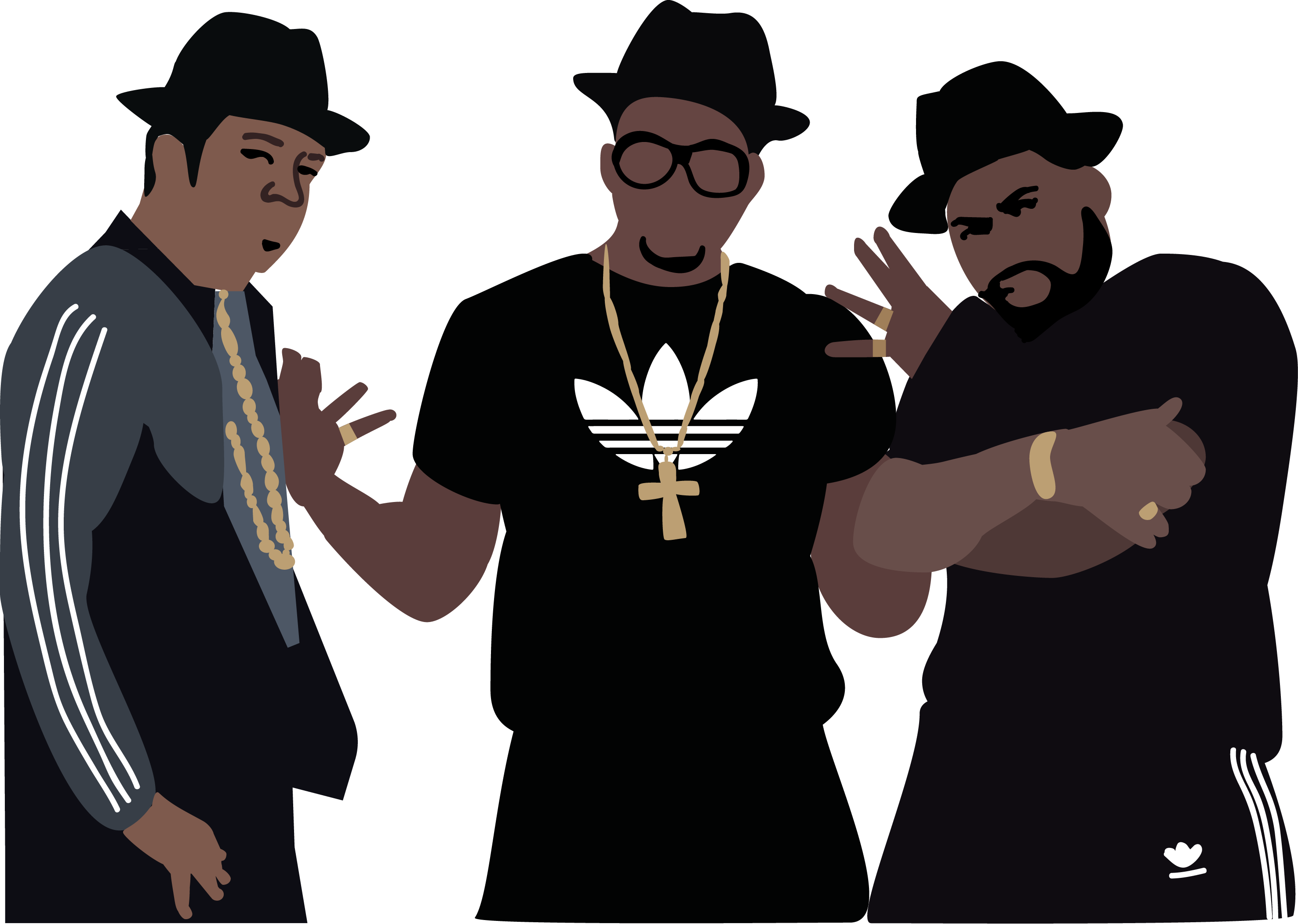
The proliferation of rap music in the modern age is evident in daily life. Just look at gas station shelves stocked with “Rap Snacks” marketed by the image of popular rappers like the group Migos.
Sprite uses rap lyrics to market soft drinks, plastering the words on the sides of cans and bottles. It’s even gone so far as to create advertisements with famous Canadian rapper Drake. In one very popular commercial, he tastes a Sprite, and his face explodes into a robotic array of speakers, sound systems and Sprite.
How has rap music come to possess such control over mass media and consumption? Is it because the music is relatable?
I would figure not, considering most middle-class Americans to whom these products are marketed will never find themselves slinging drugs, fighting cops or ending up in police cars like popular rap songs boast. Instead, the hype, coming from the catchy beats and hooks, is what pushes rap music to the mainstream.
Feel-good sells, and rap music makes people feel good. It makes them feel powerful. Hooks about running a neighborhood or “getting hoes” make individuals feel special and important. This hype makes rap music a prime tool for marketing products to a youth base that longs for a sense of belonging and power.
Even in the past, rap music’s influence on fashion and its crucial role in selling clothes are undeniable. In the earlier days of the genre, when groups like Run-D.M.C. and Grandmaster Flash and the Furious Five wore Adidas track suits and Superstars, street culture followed the hype and began to embrace these fashions.
The Adidas Superstar would have never become a streetwear staple without hip-hop artists wearing and advertising them. If Grandmaster Flash had never rocked them, sorority girls nationwide probably wouldn’t be sporting them now.
Today, with brands like Nautica, which recently partnered with rapper Lil Yachty, making a comeback, it’s hard to contest rap music’s power to sell. And in women’s fashion, hip-hop artist Rihanna has her own line of beauty products, Fenty Beauty, which flies off the shelf. Rihanna’s endorsement of these products is marketing gold, and the line basically sells itself.
Rap controls not only what products we buy but also how we live our everyday lives. Cars zooming down the street can be heard as they pass by, their bass thumping with whatever rap song is topping the chart at the moment. Parties all around the United States and the world are fueled by rap music, banging loudly from speakers. Strangers become friends over their shared ability to recite those catchy hooks to popular rap songs.
Rock and alternative music used to dominate the top spots on the Billboard charts. But in recent years, rock ‘n’ roll has slid down, with rap, hip-hop and R&B slowly taking its place at the top. But why?
Perhaps it is rap music’s focus on products, like clothing, to define one’s status that makes record executives push the genre more than they do other types of music. This marketability abuses both the artist and the consumer.
Using rap music to market products to white, suburban households exploits the poverty and struggle so central to the genre. These suburban kids, riding down the streets and blasting songs with lyrics referring to “running from the cops, shooting at the opps,” will never live the lives or share the experiences and struggles endured by the artists who create the music.
In a way, using rap to market these products is an appropriation of street culture, gentrifying it to sell products to well-off white families. Rap dominates American consumer culture in the same way the lyrics glorify the clothing artists wear, the cars they drive and the diamonds they stunt.
This creates a push in the consumer to strive for a lifestyle that is not his own. Oddly, rap music perpetuates the “keeping up with the Joneses” culture that makes all the households in the suburbs eerily similar to one another.
Ben Policicchio is a sophomore business major from Tupelo.













